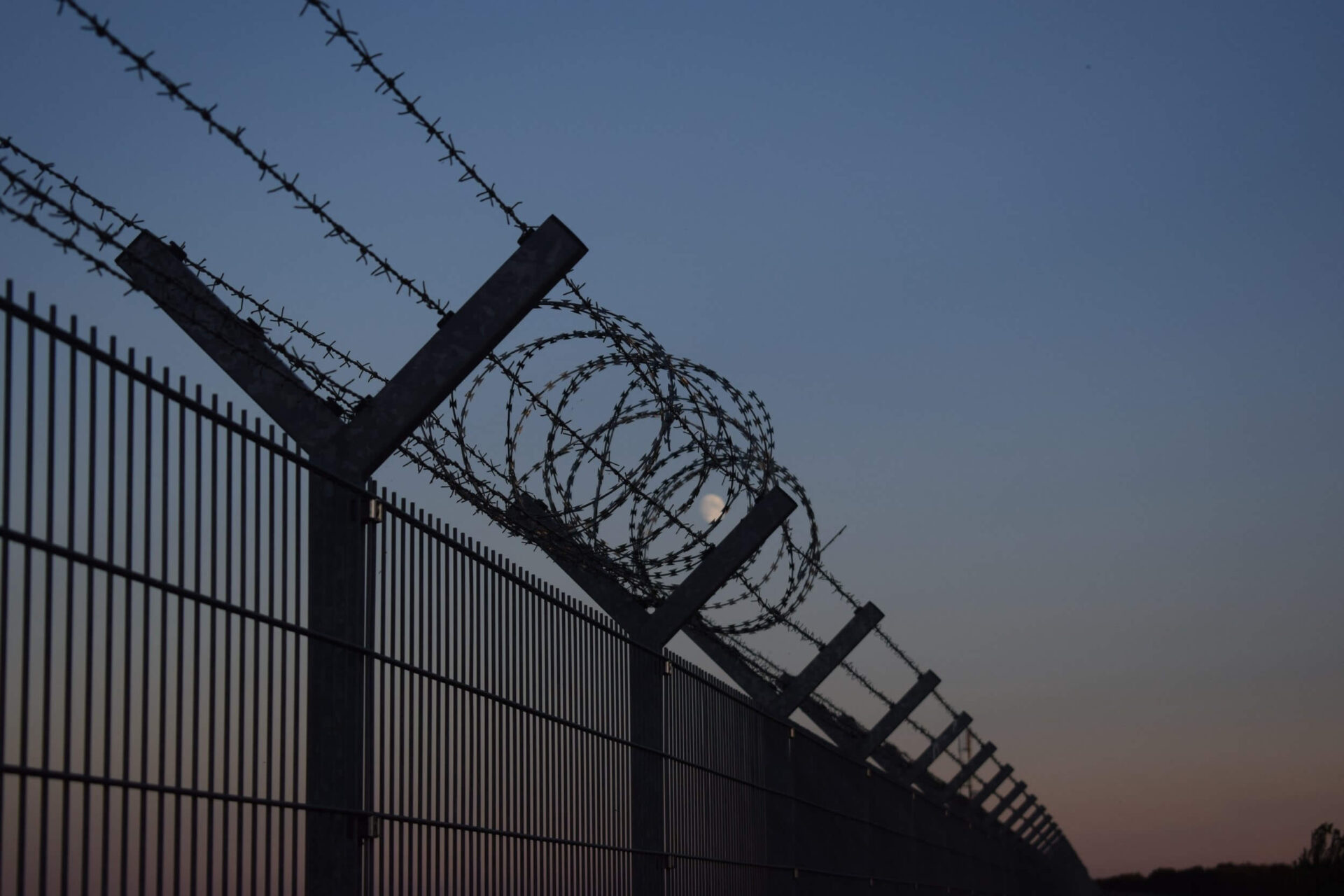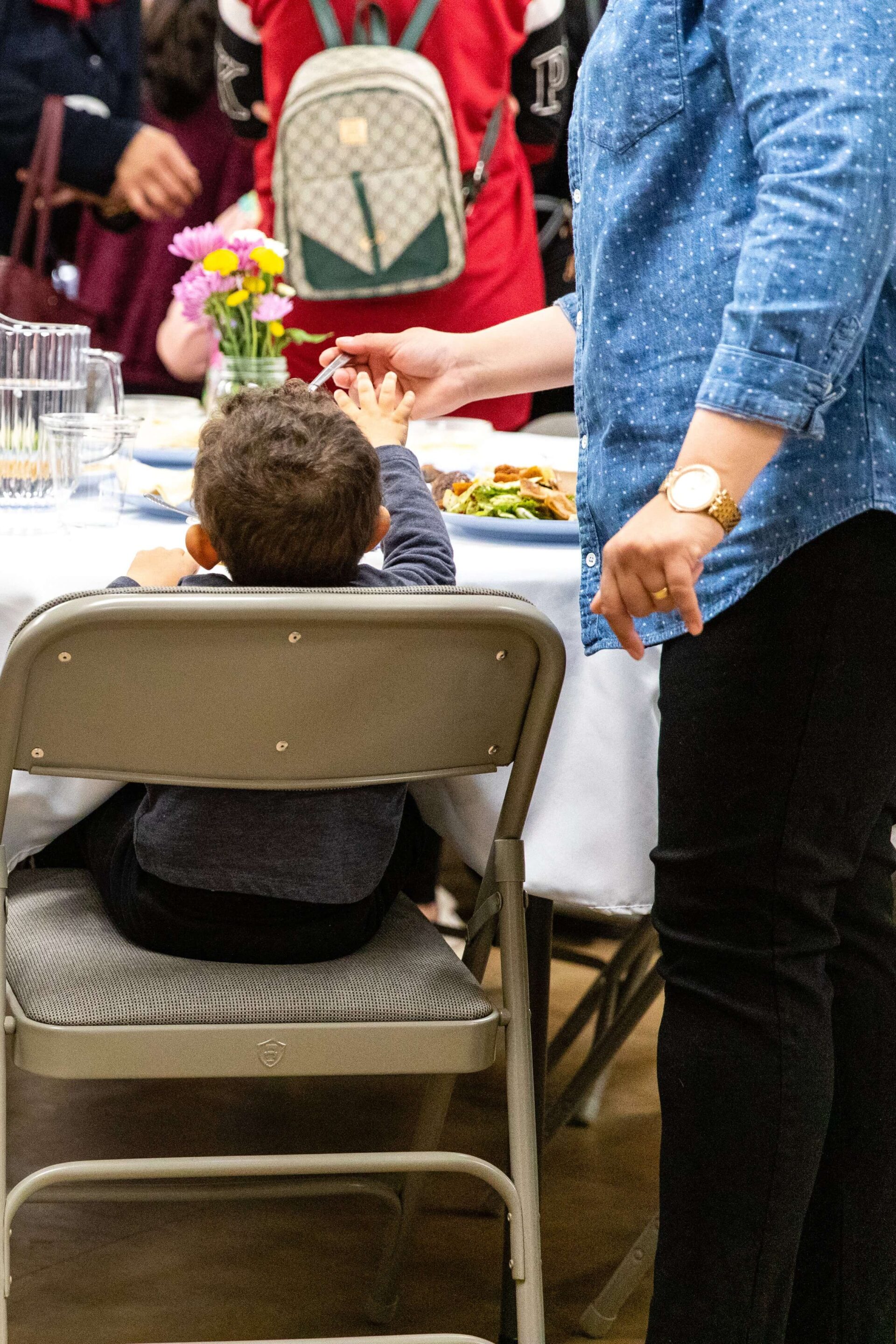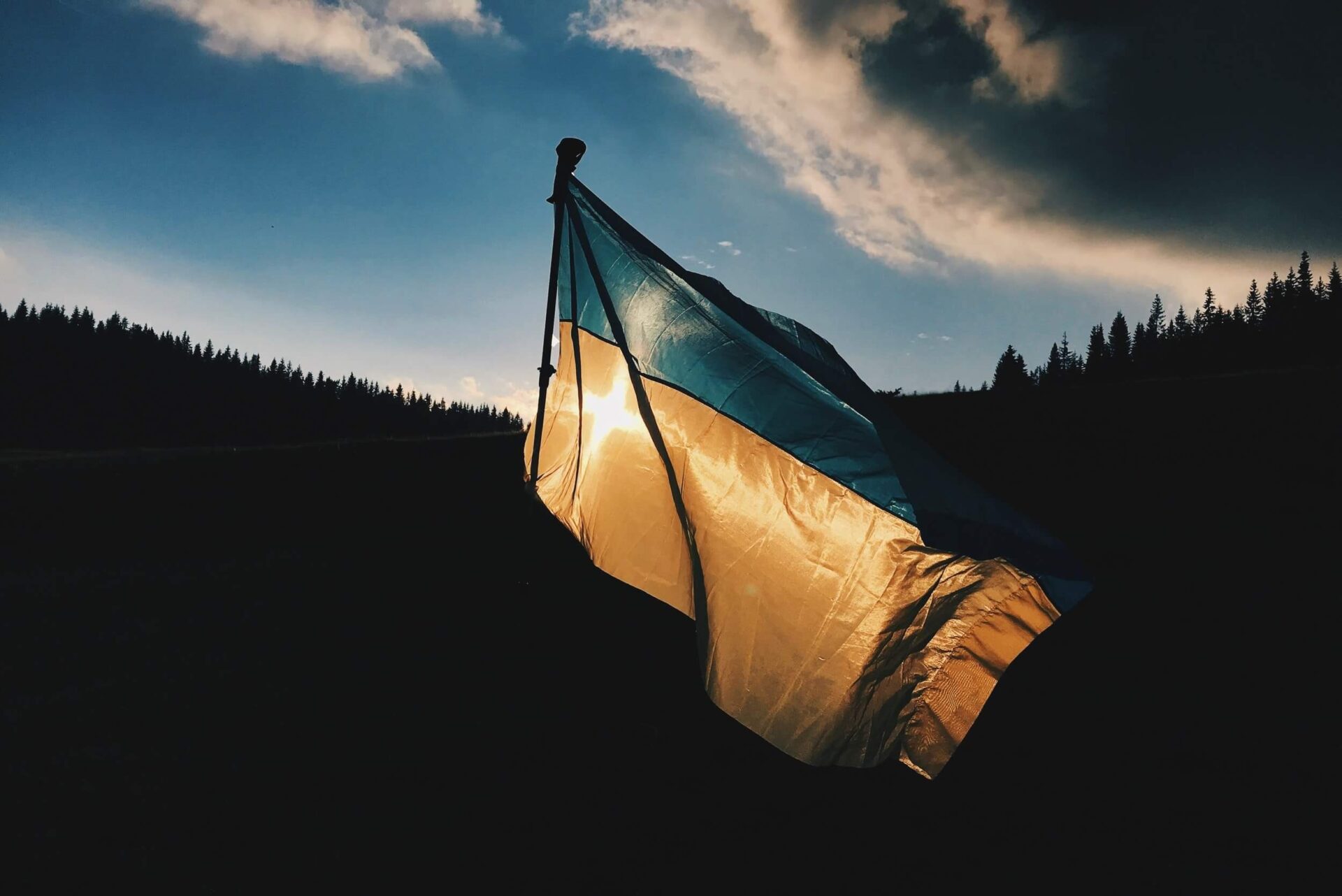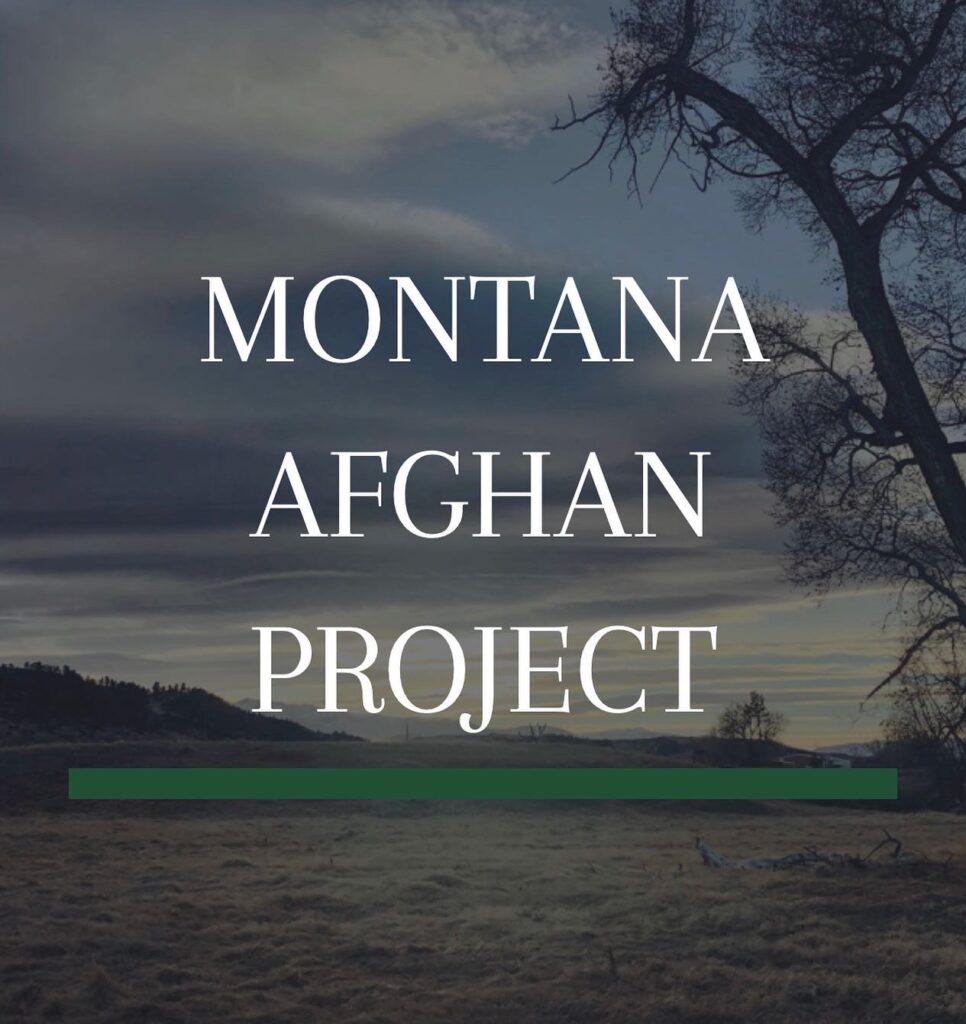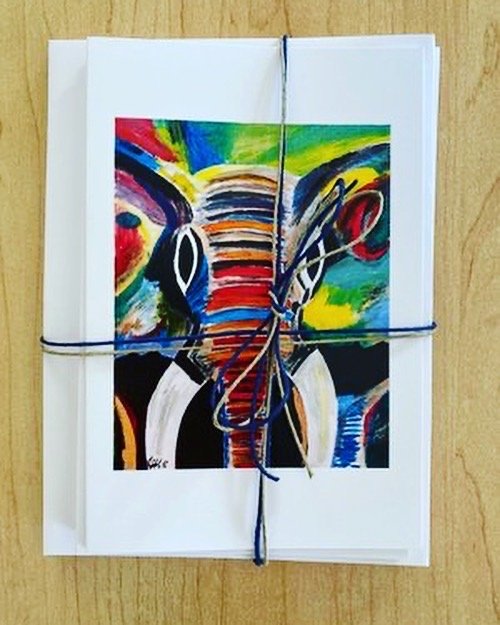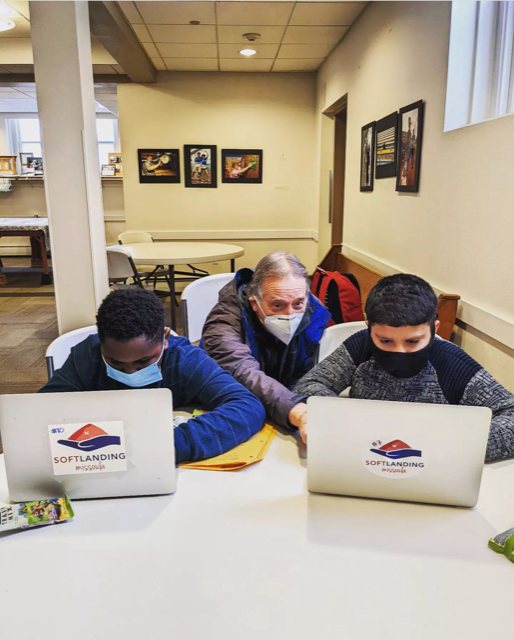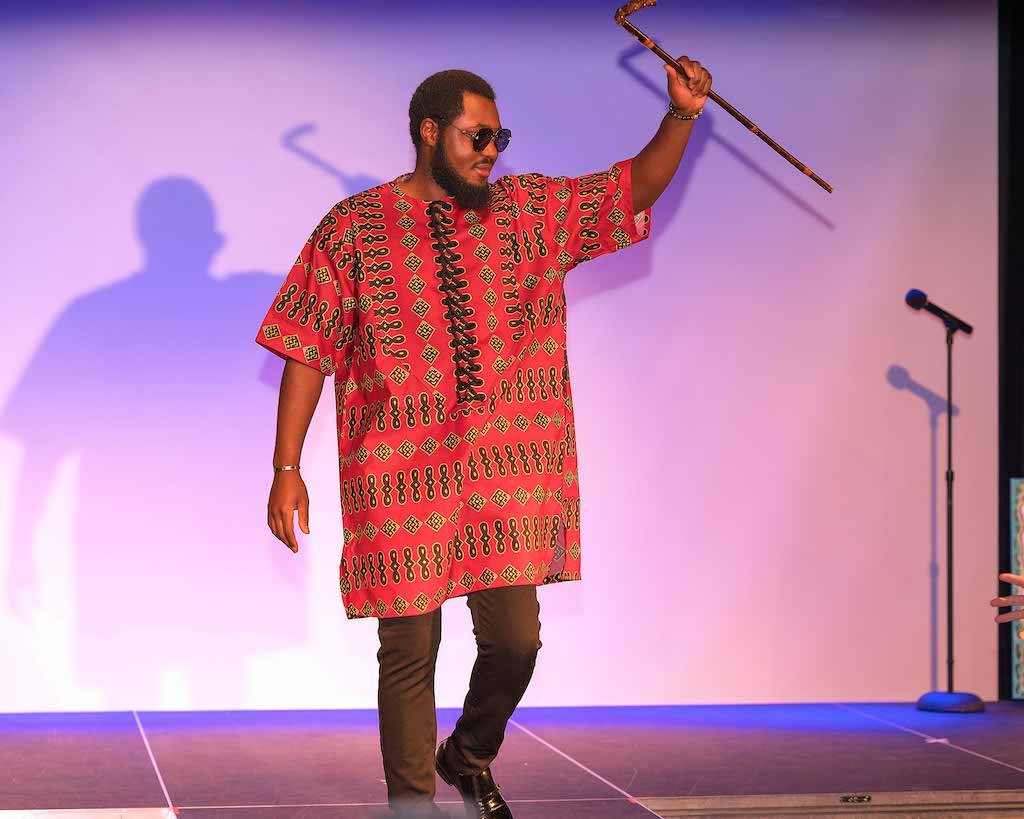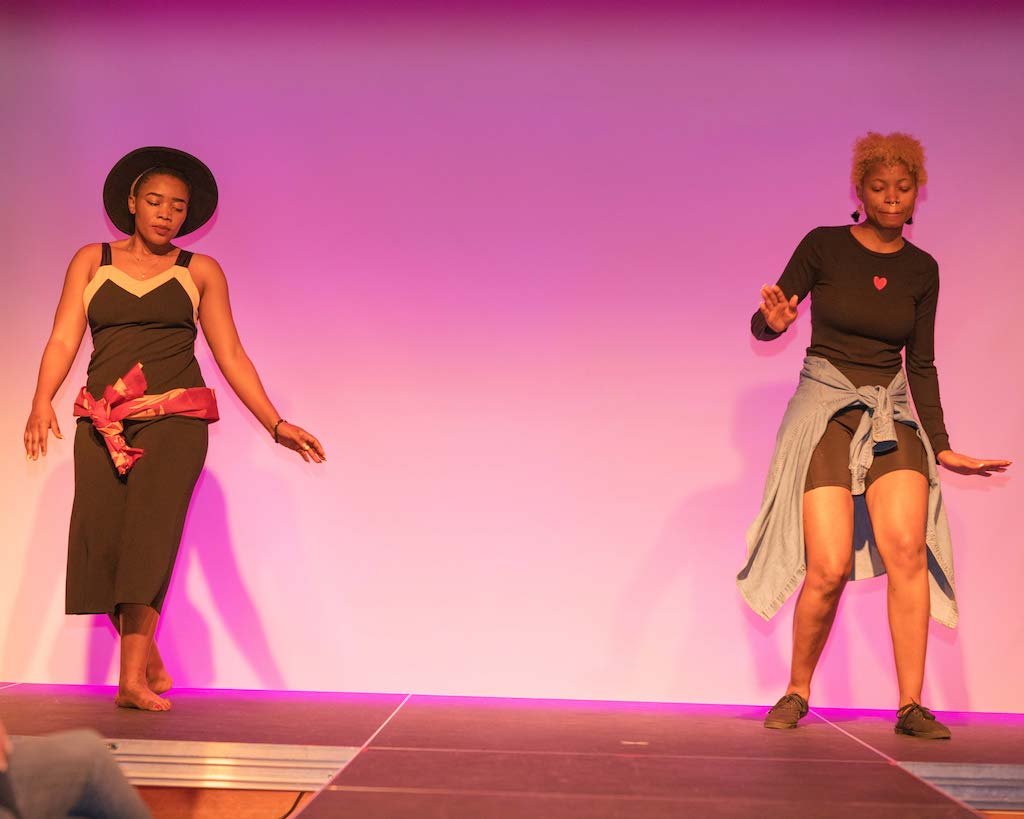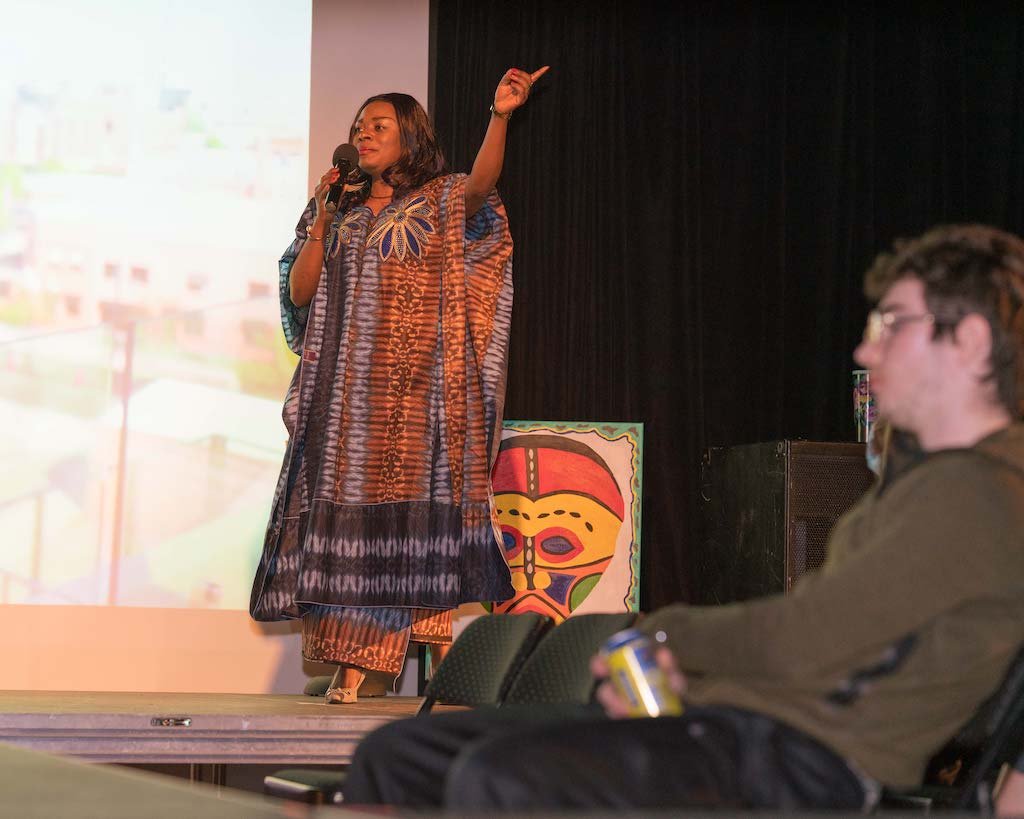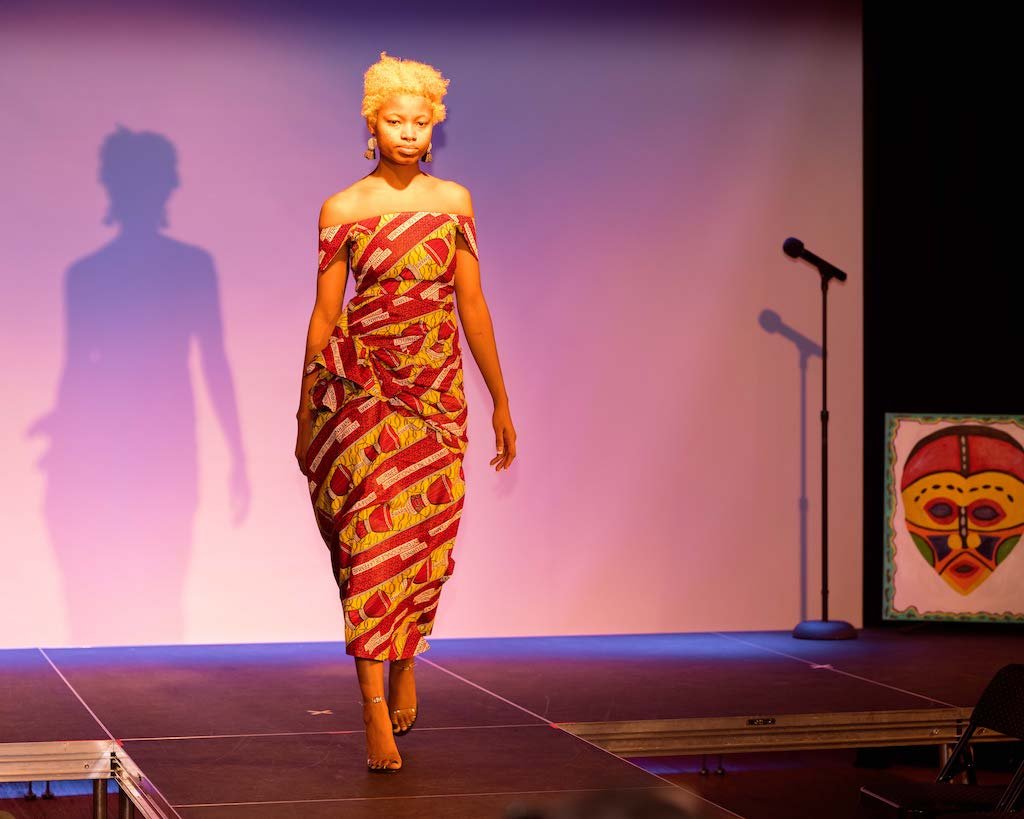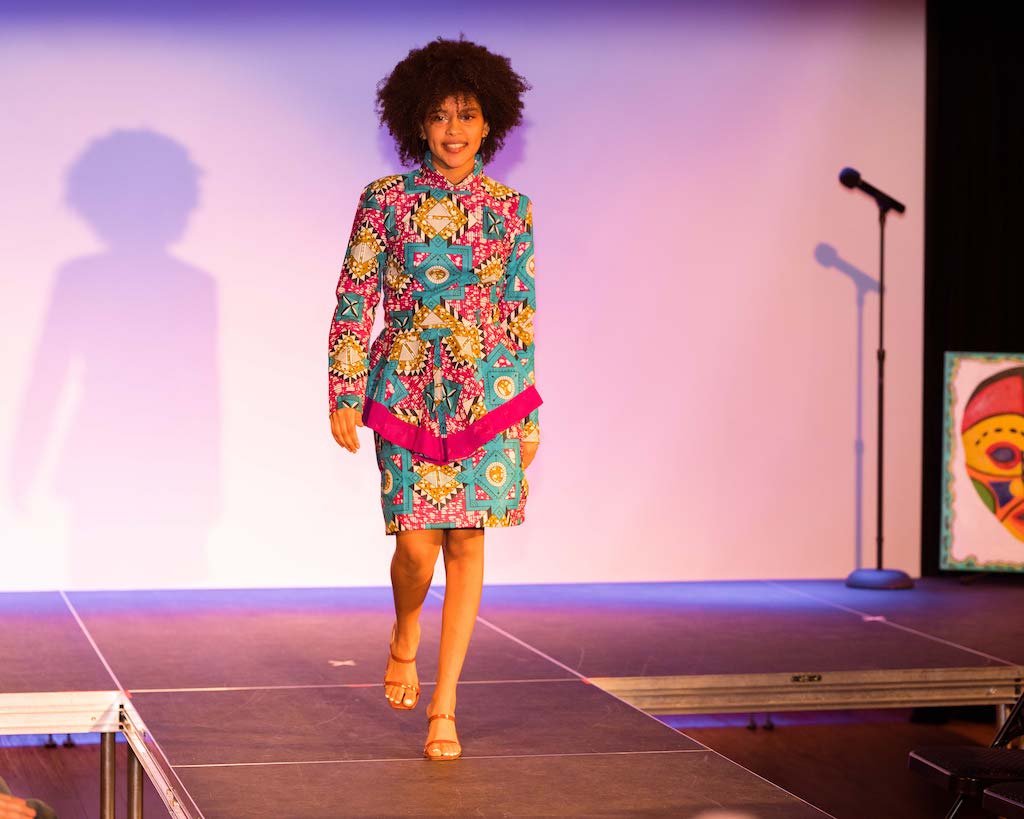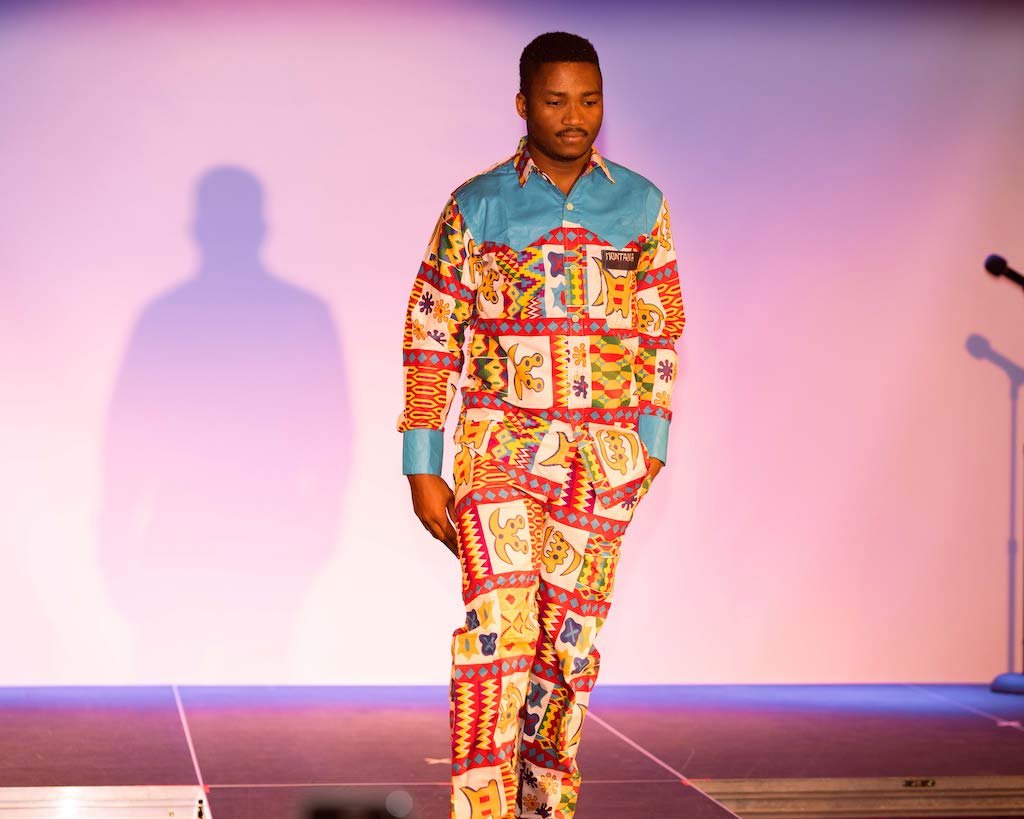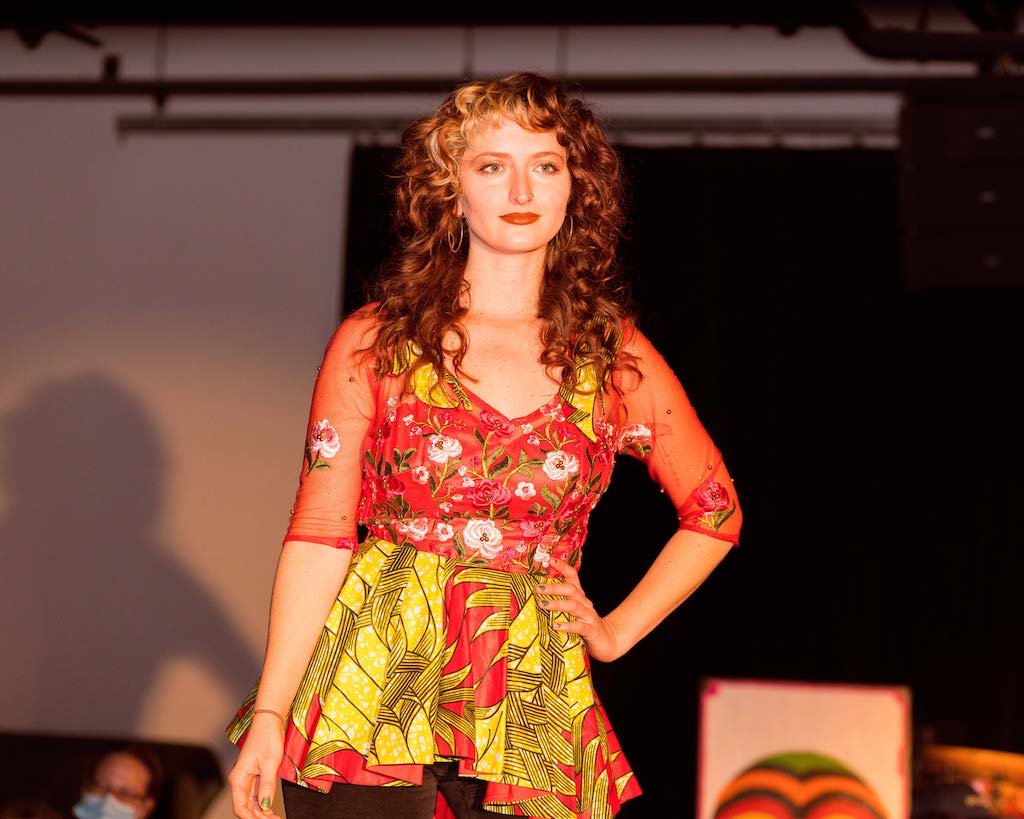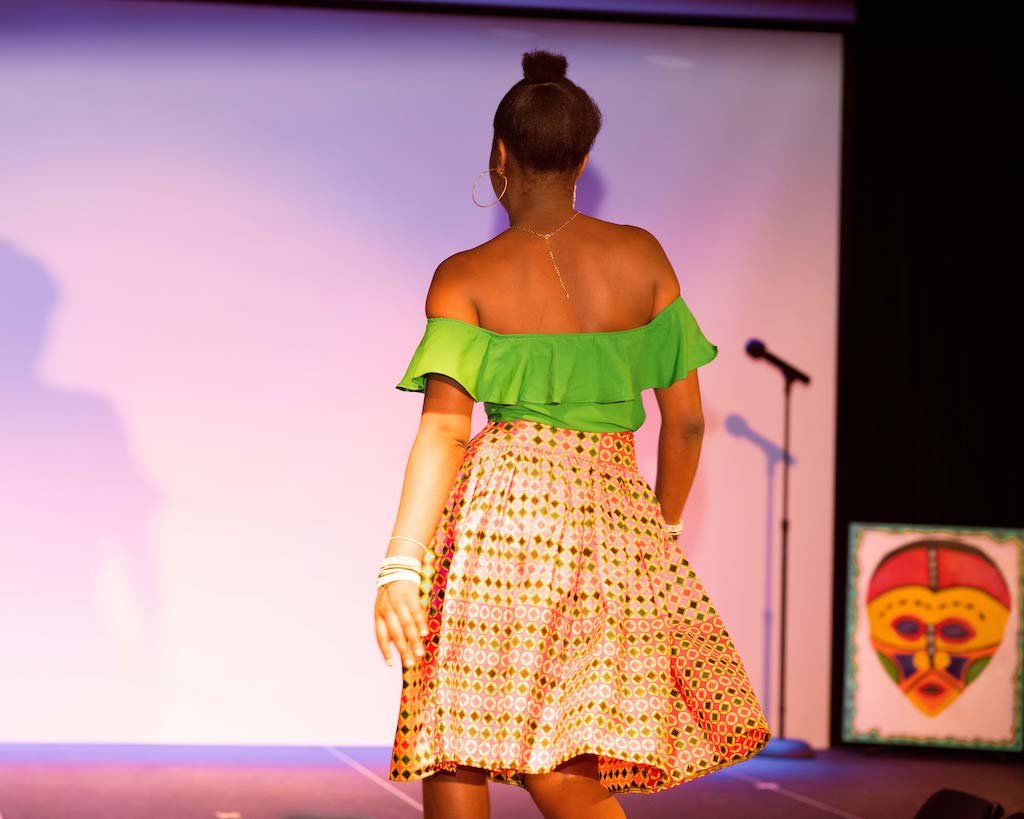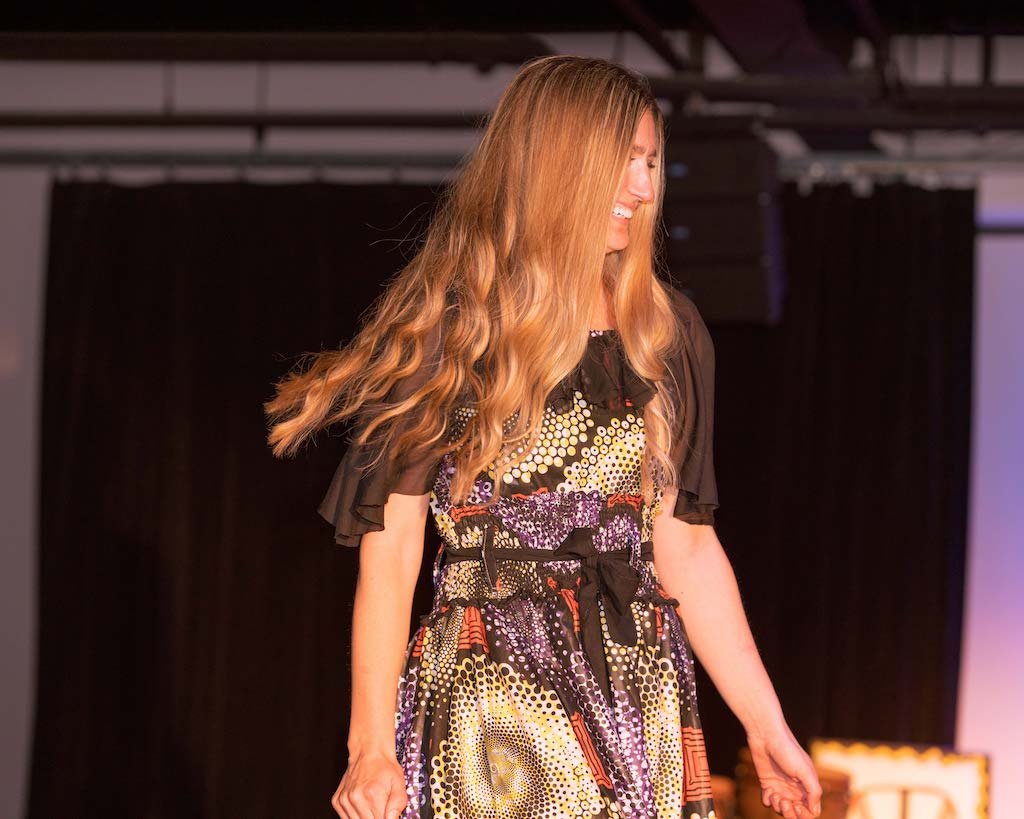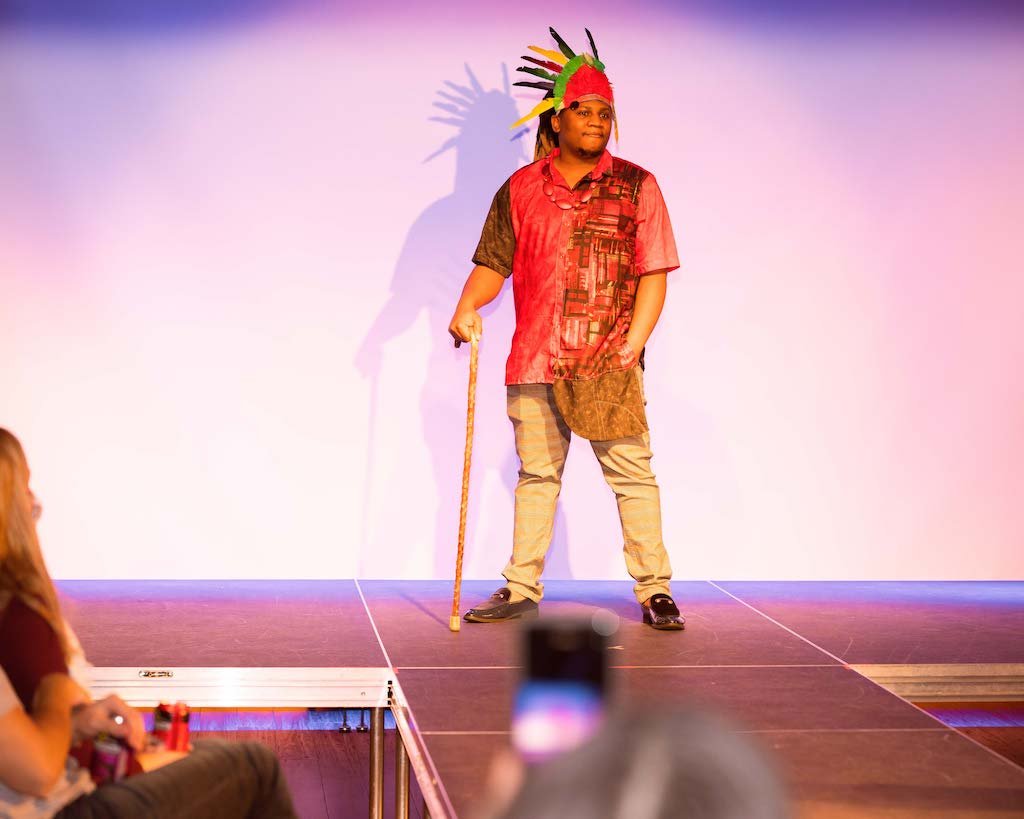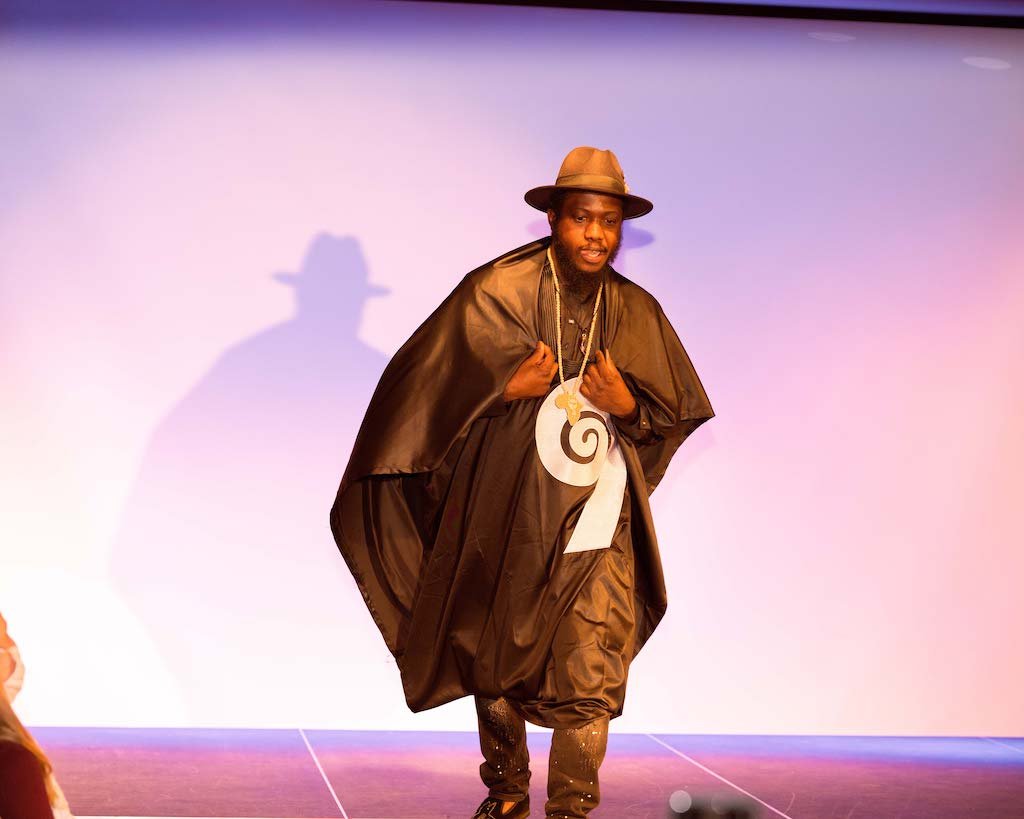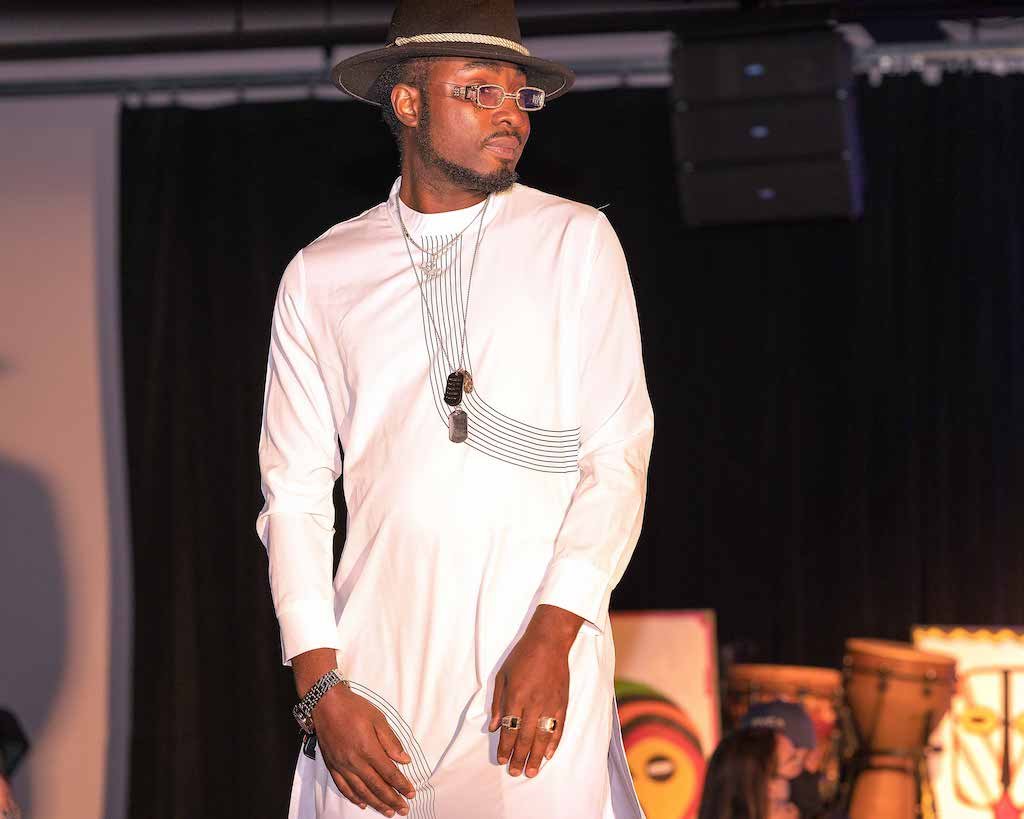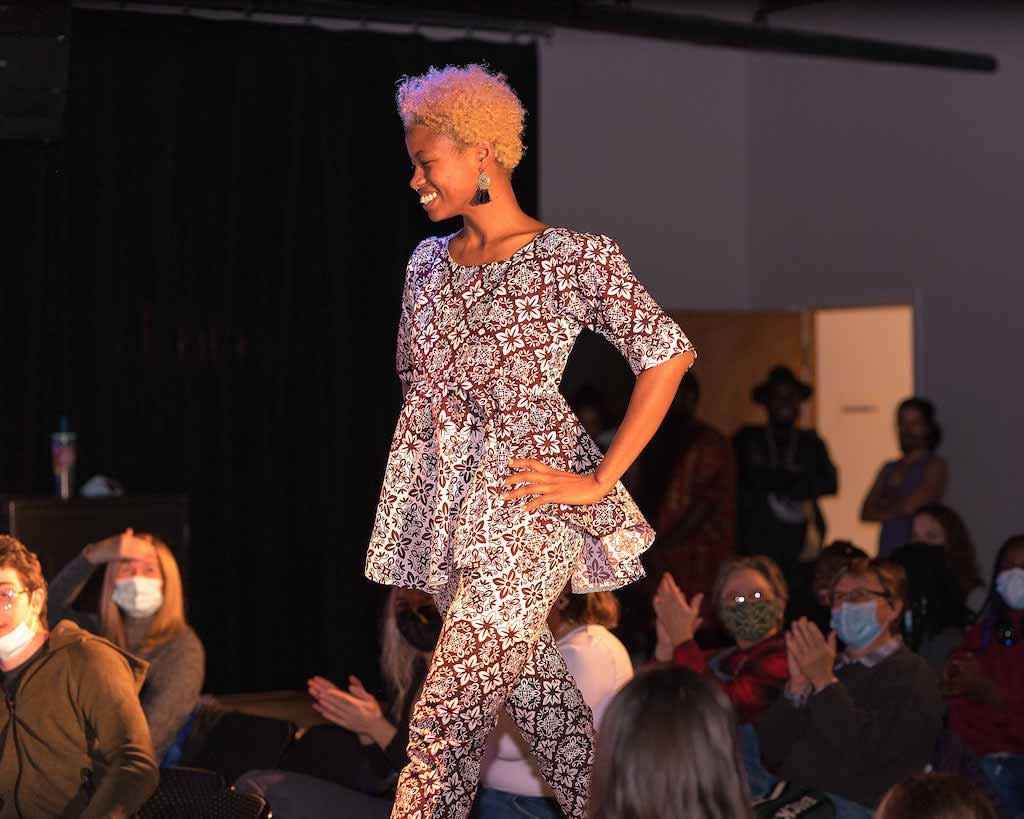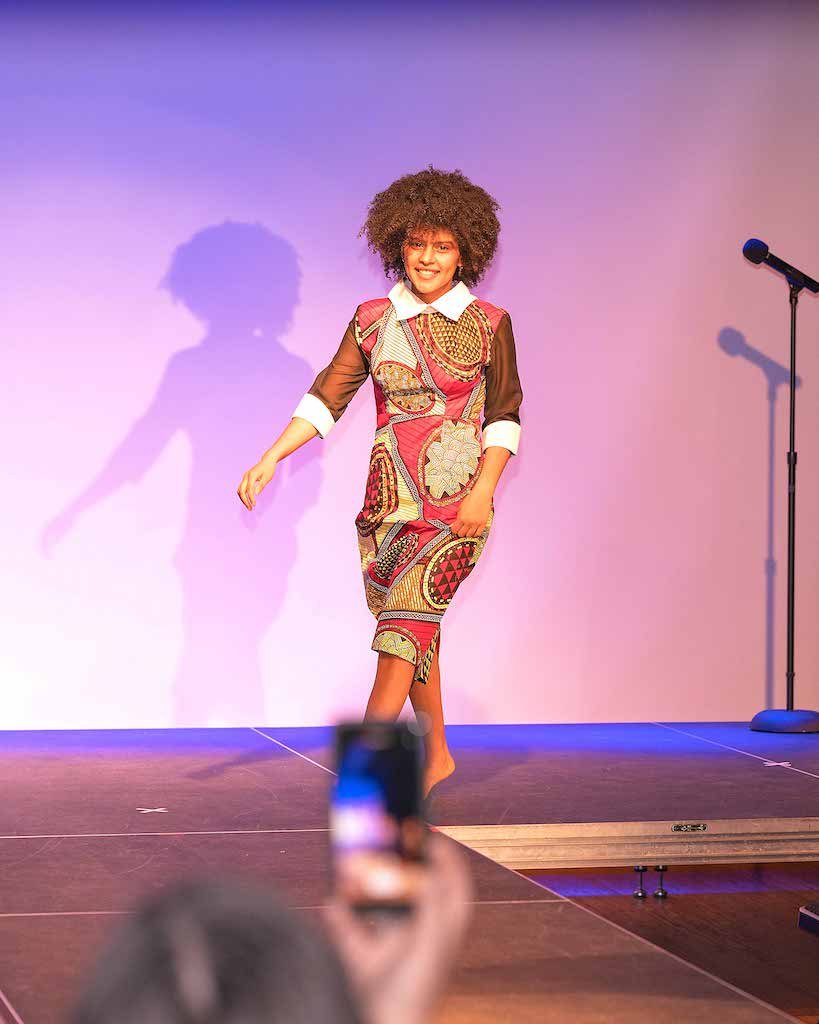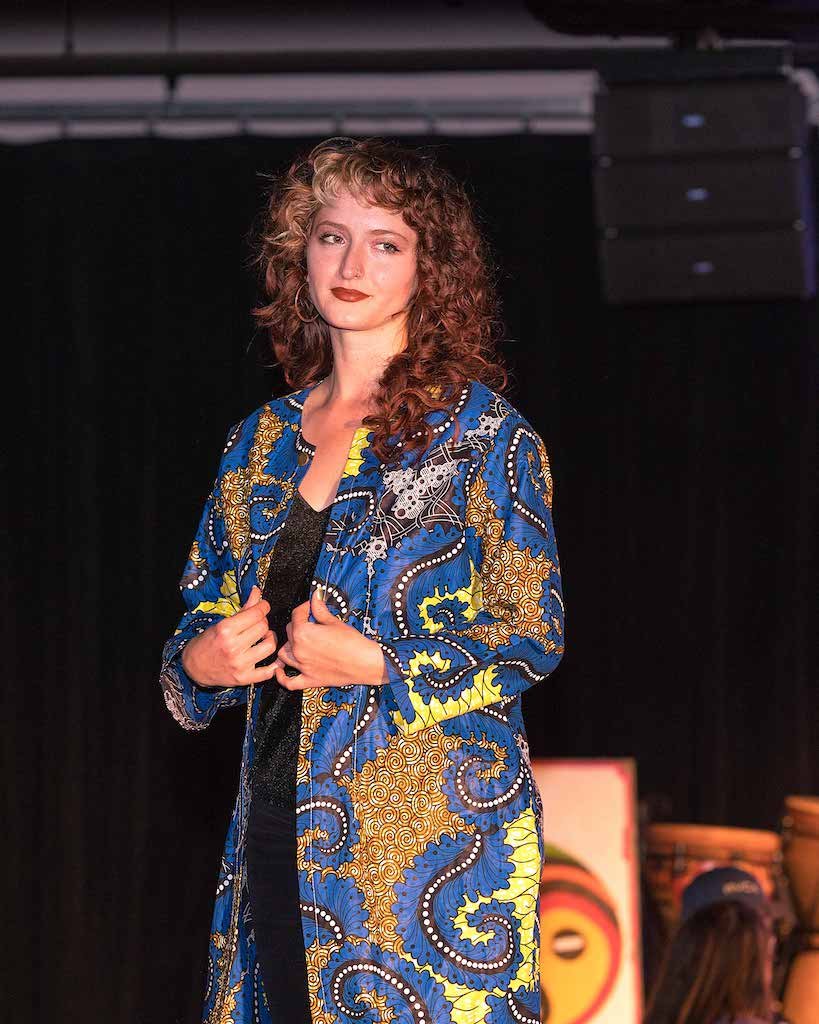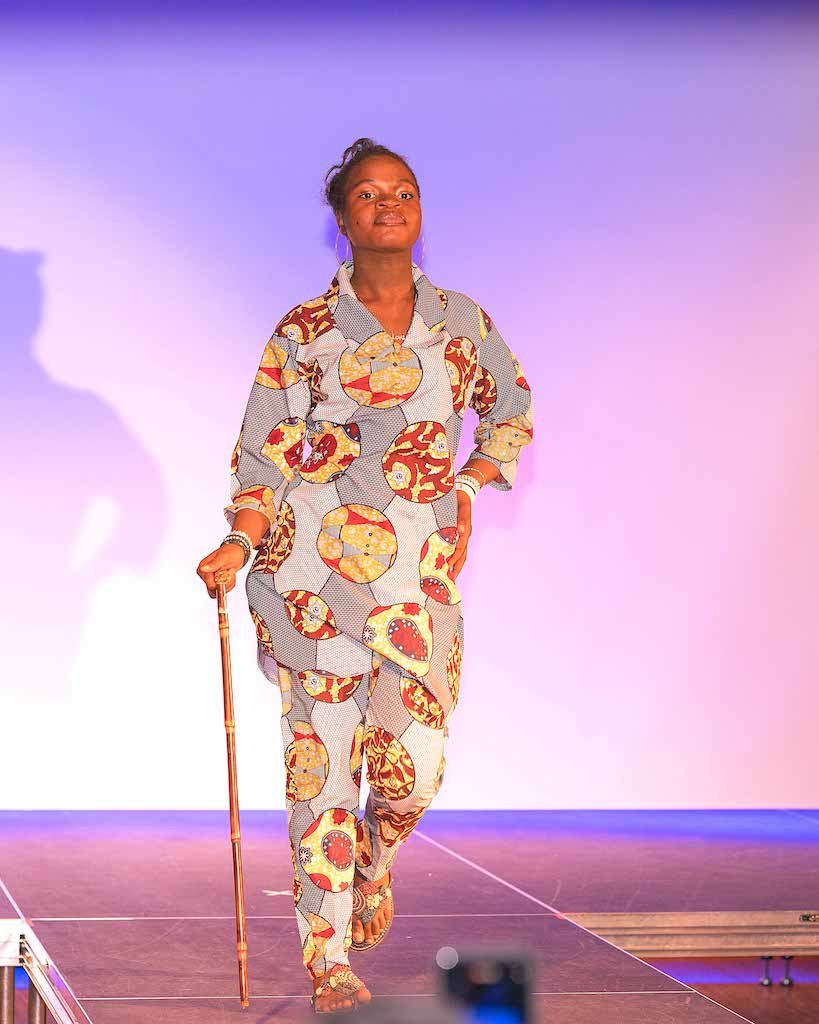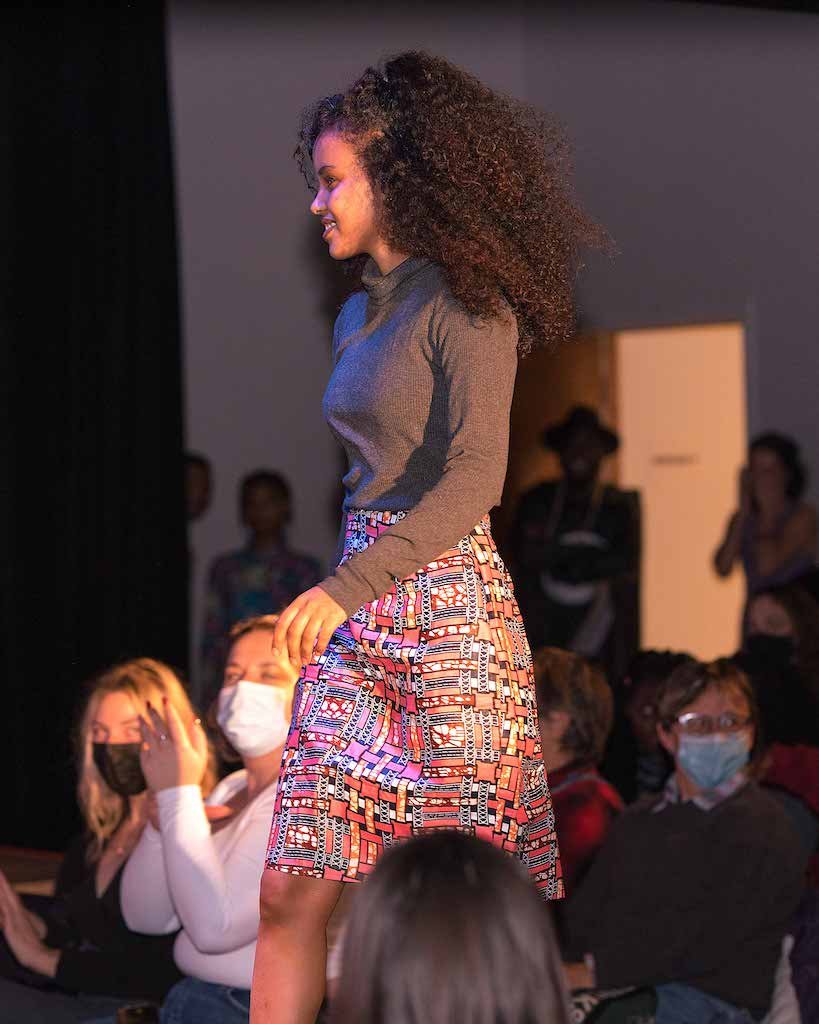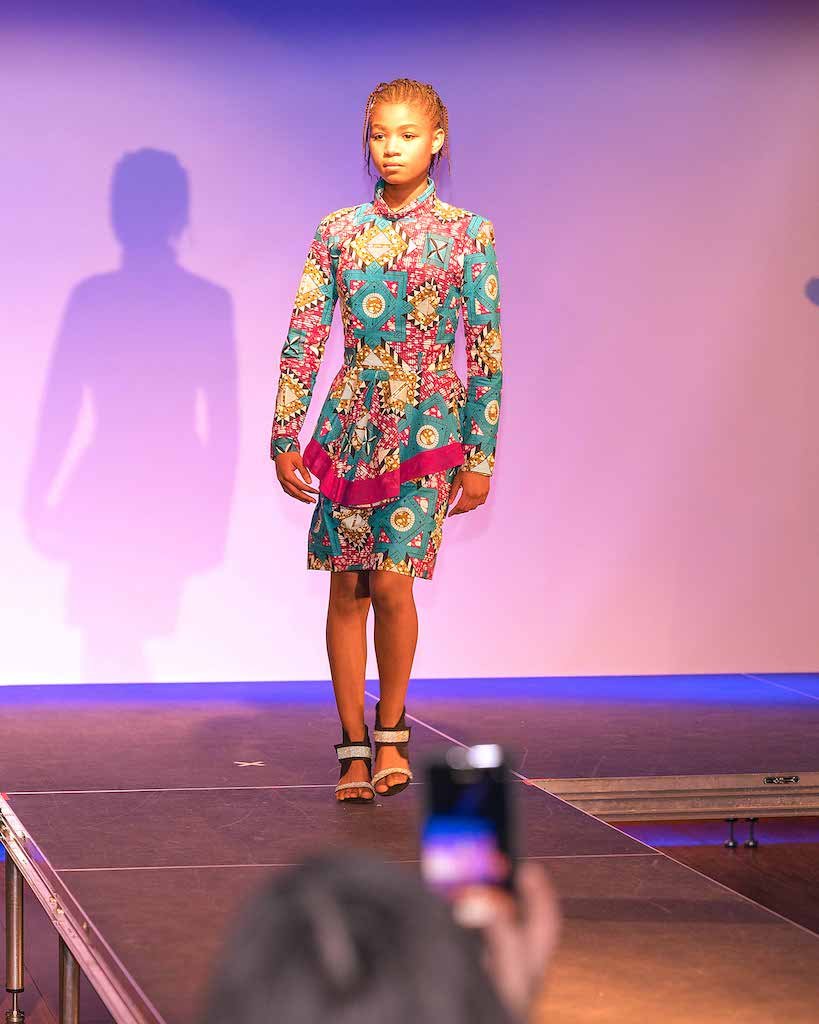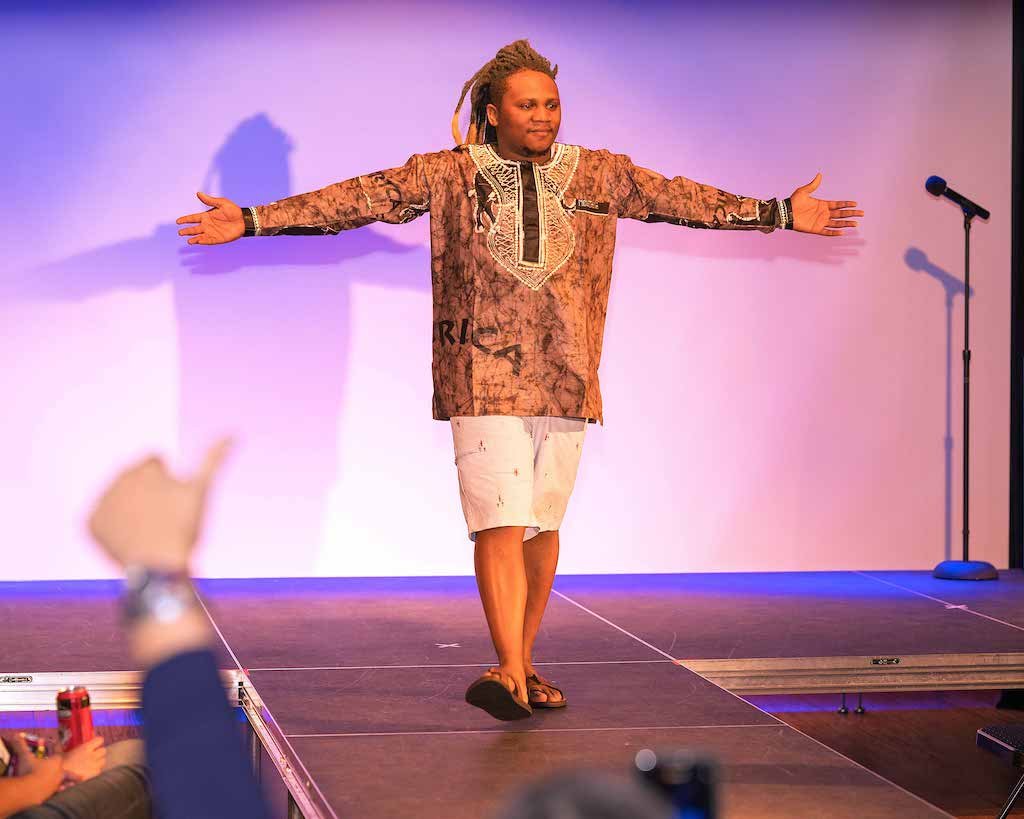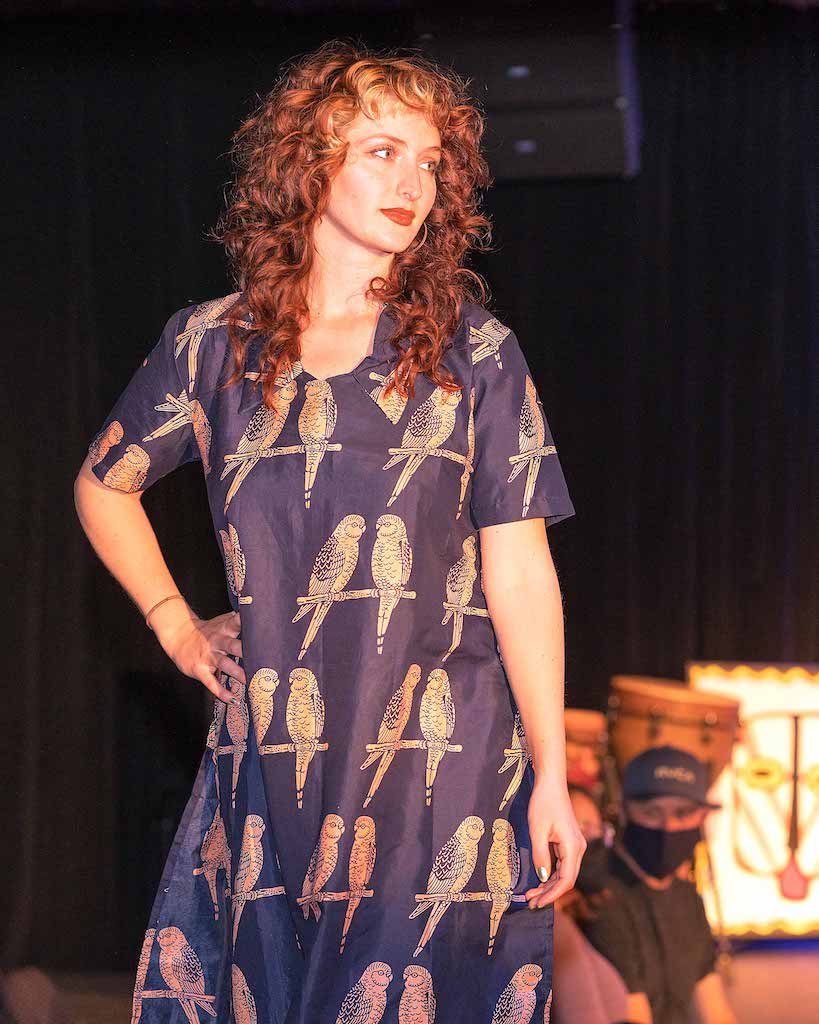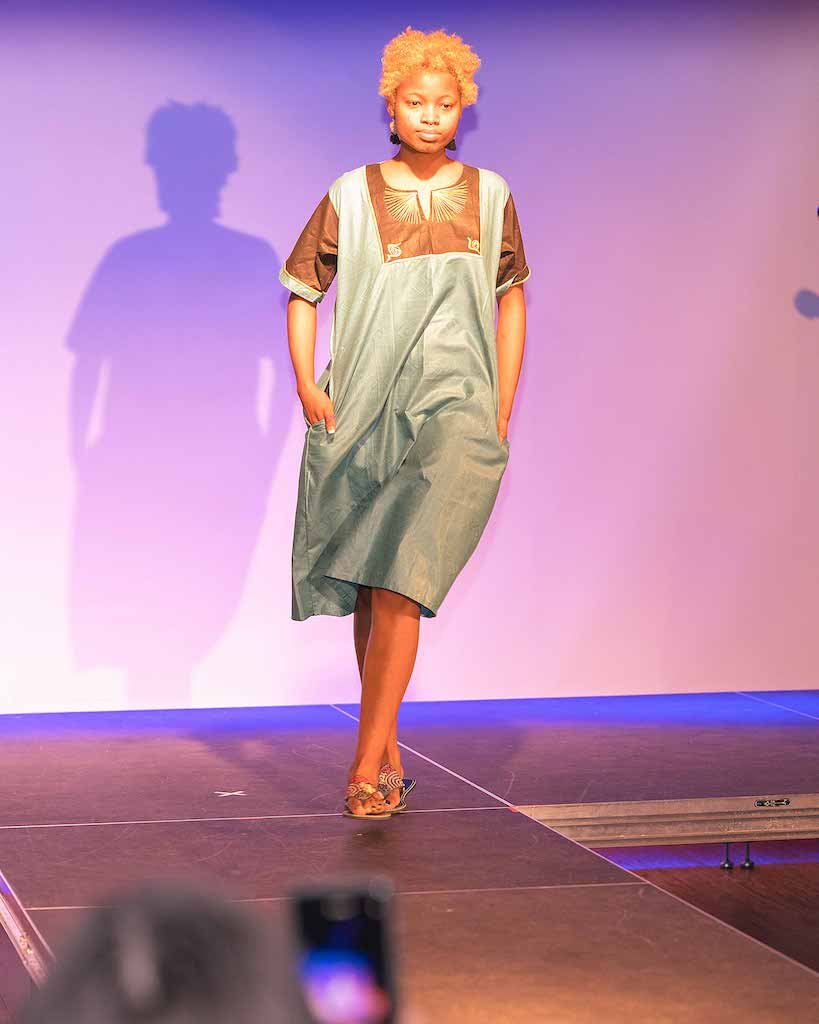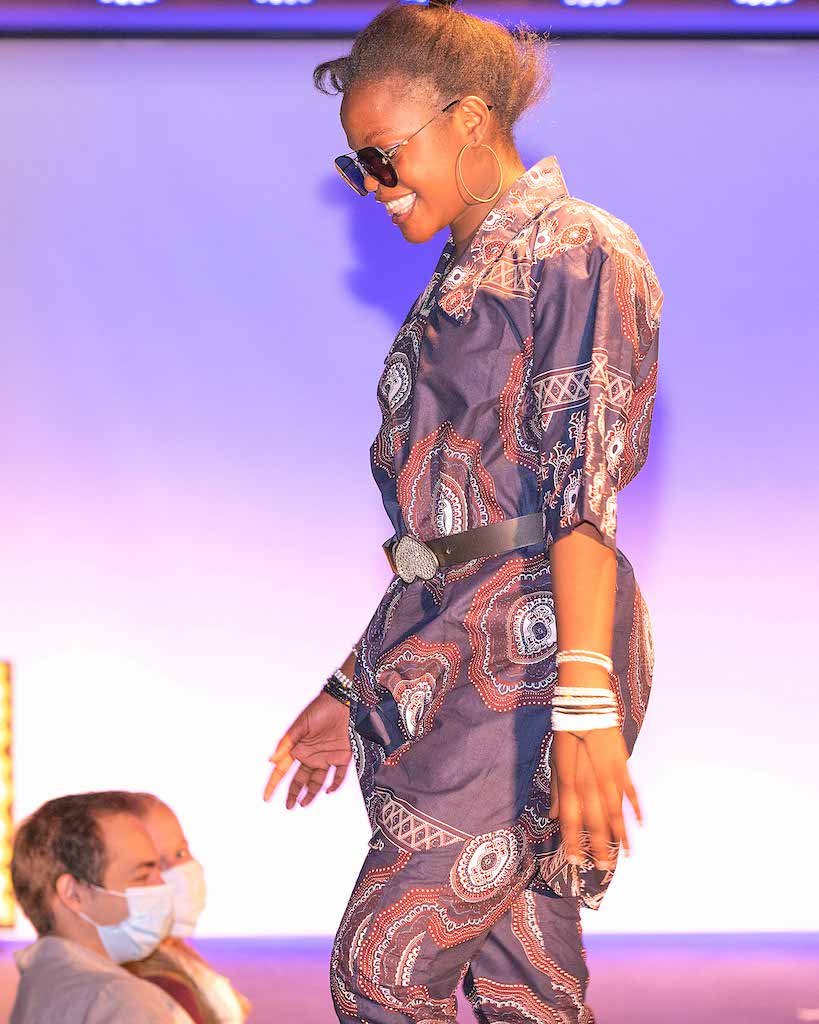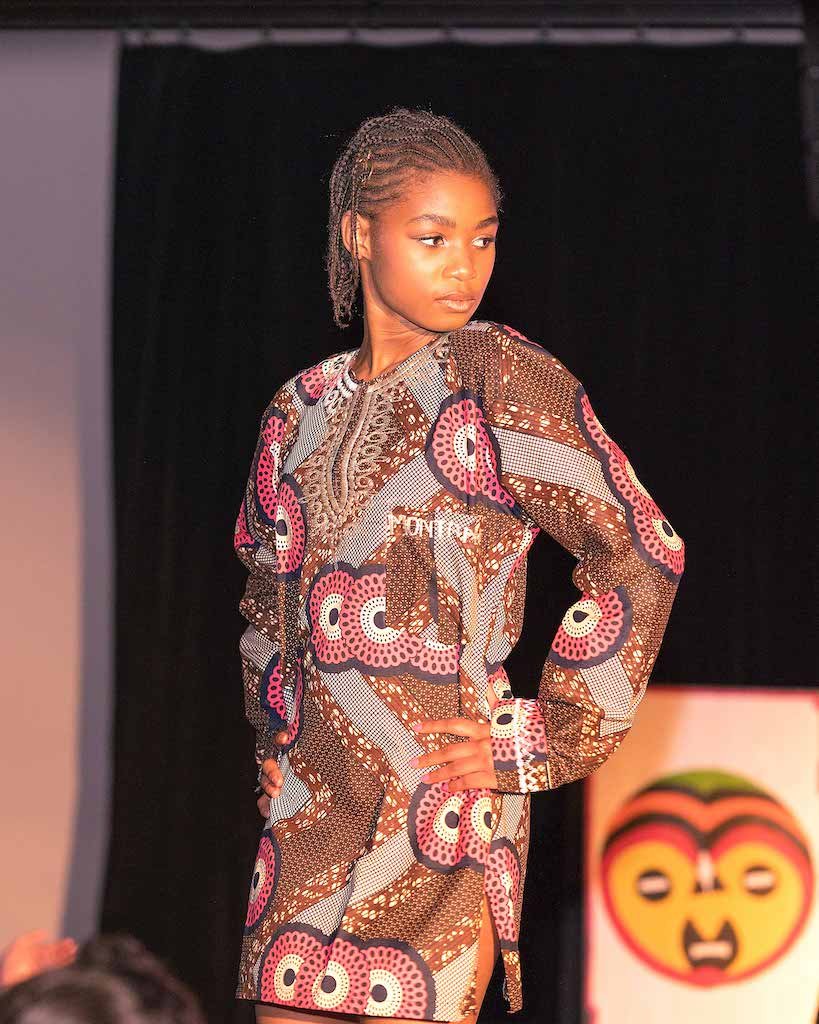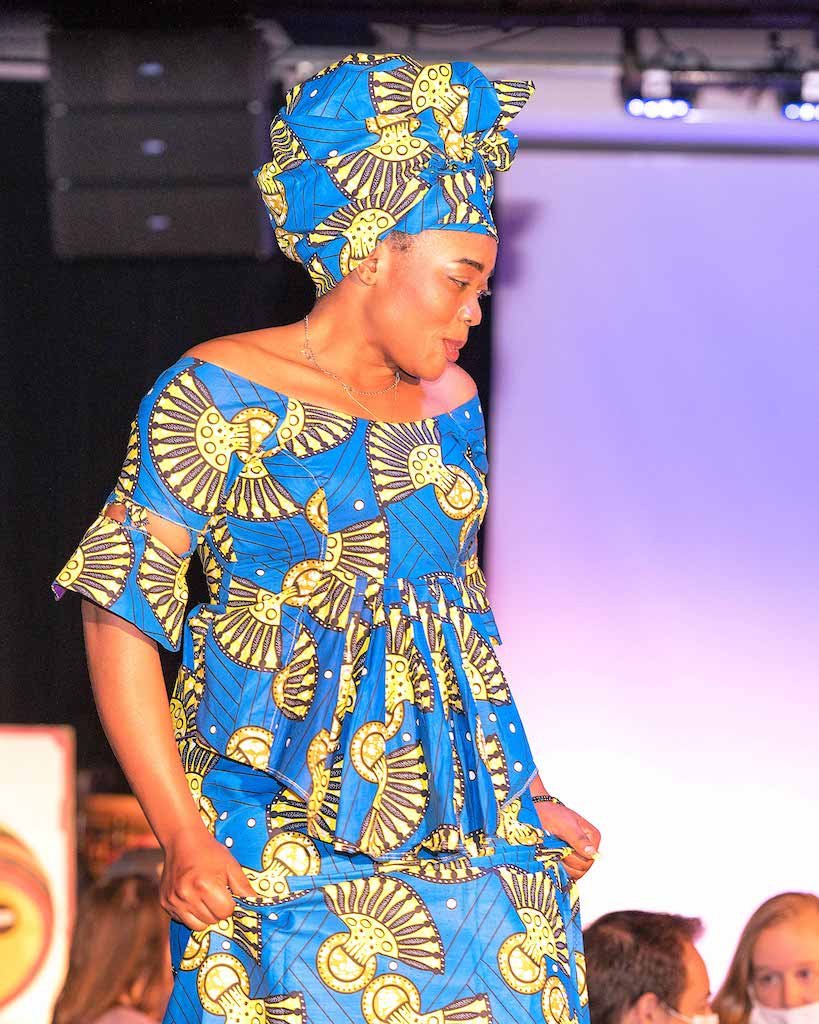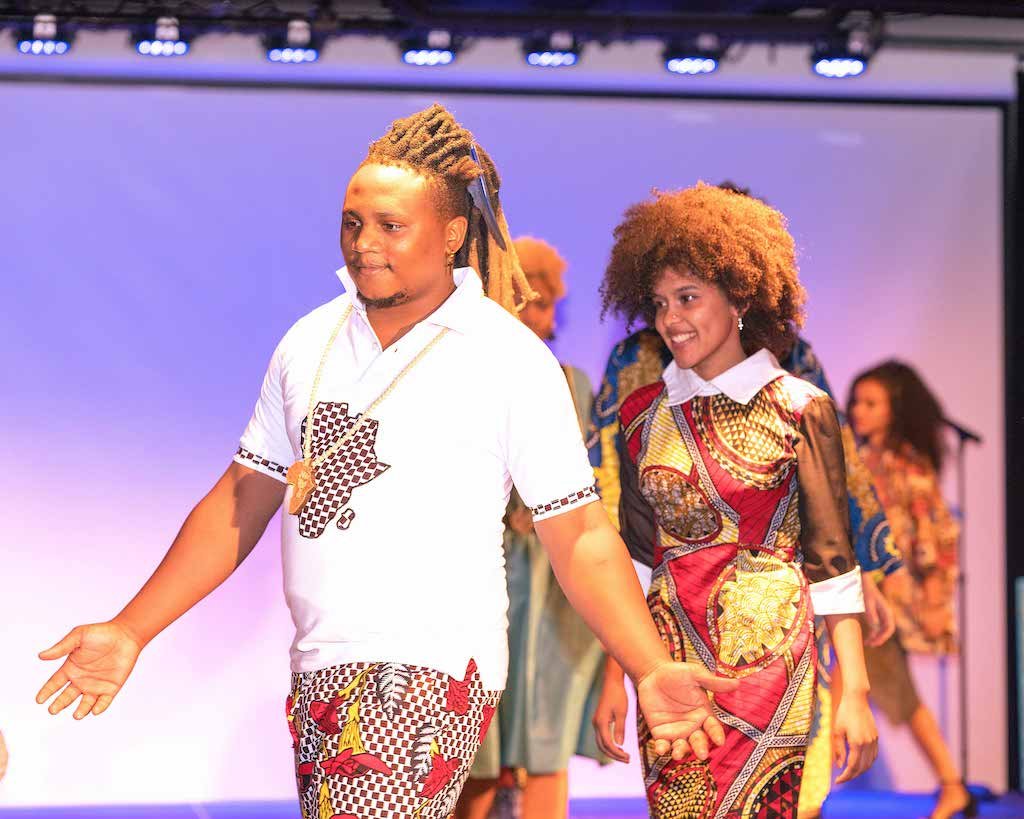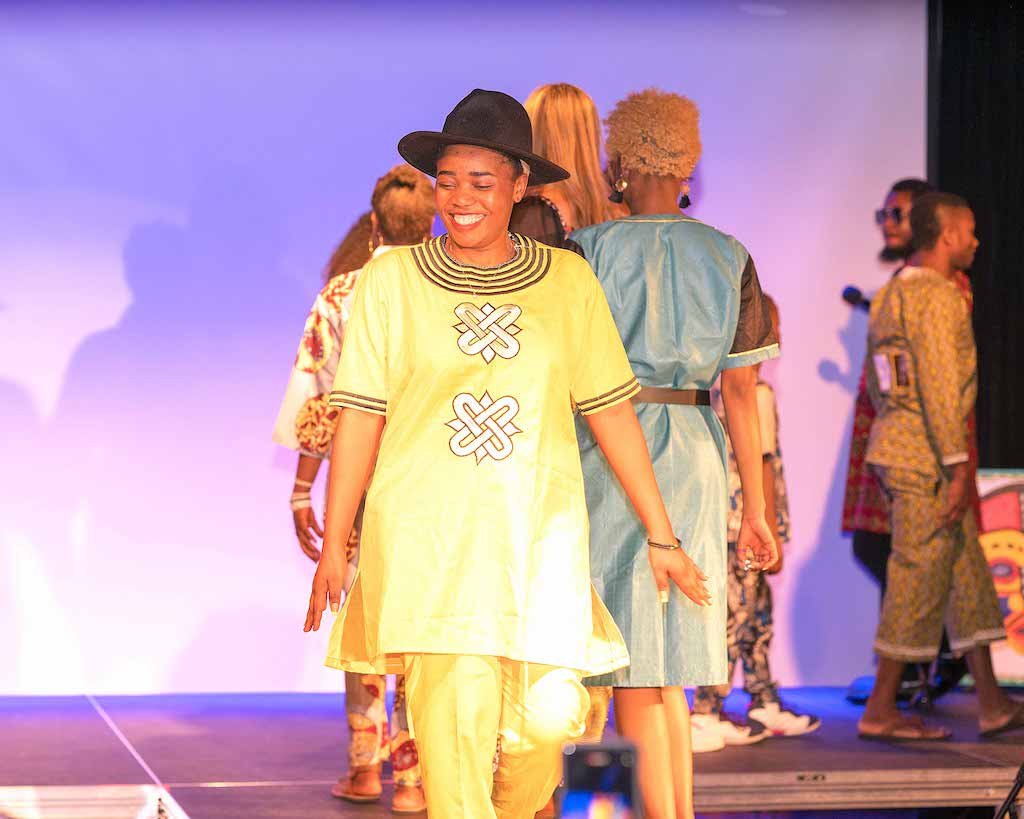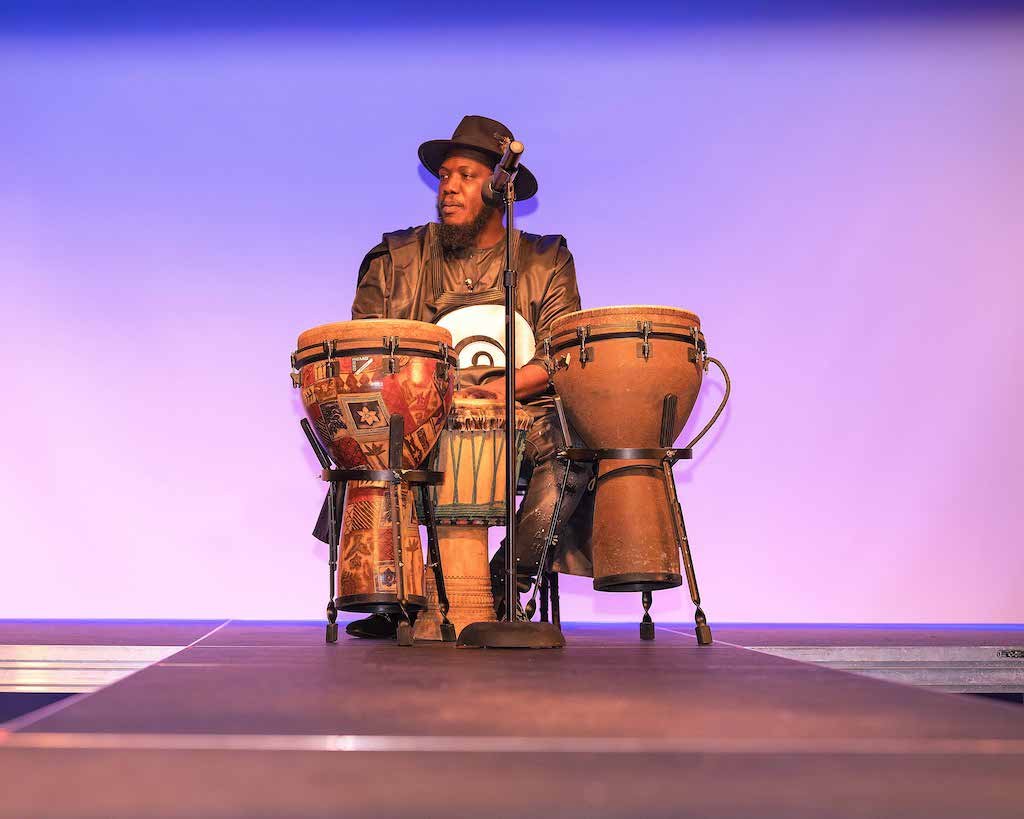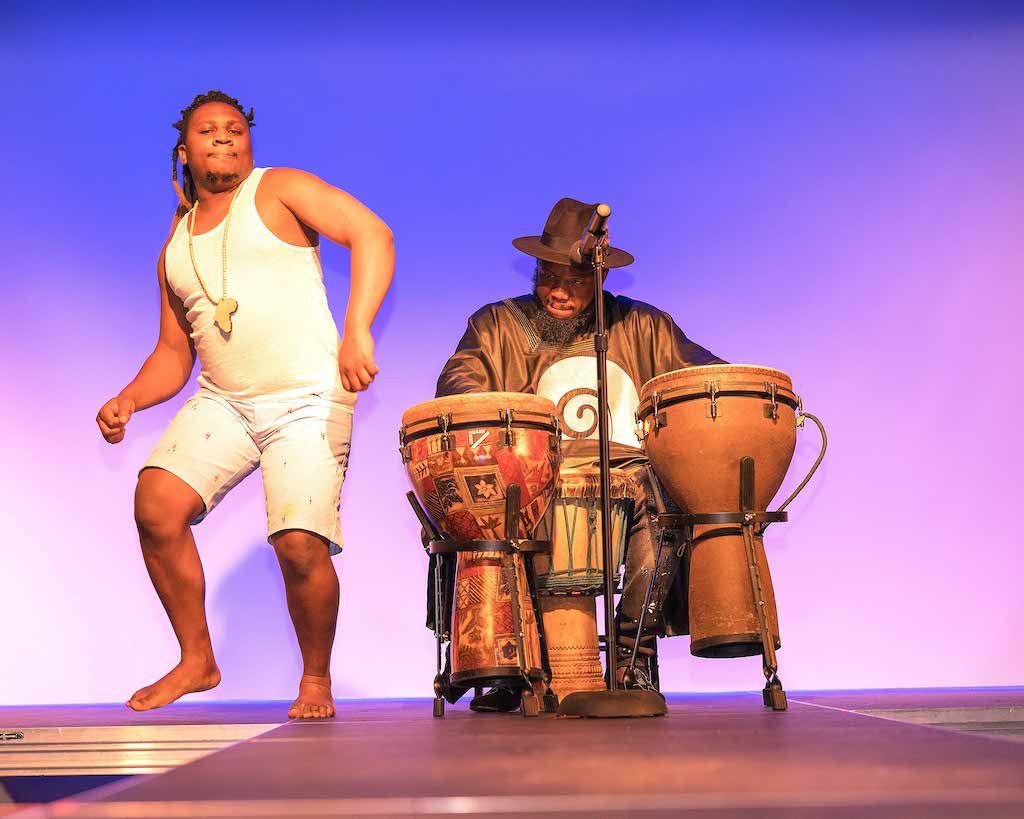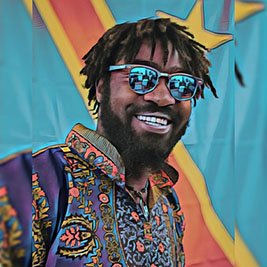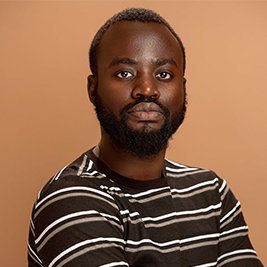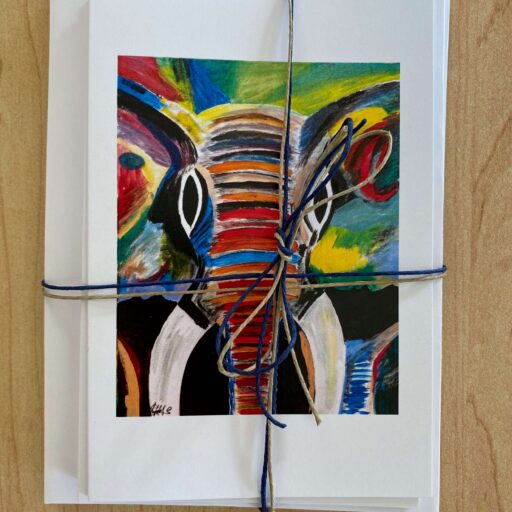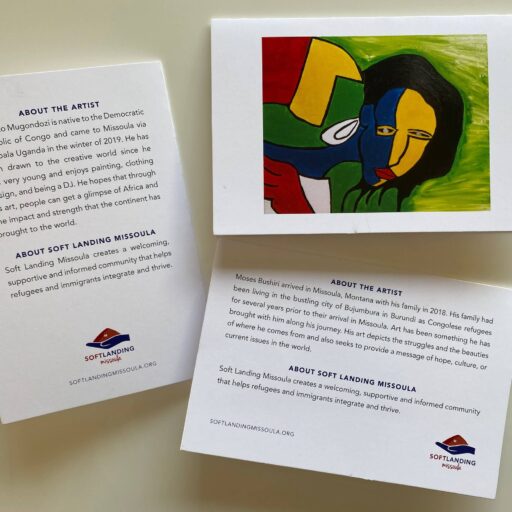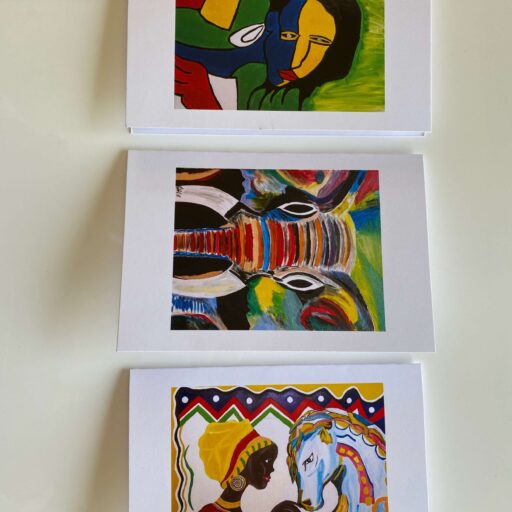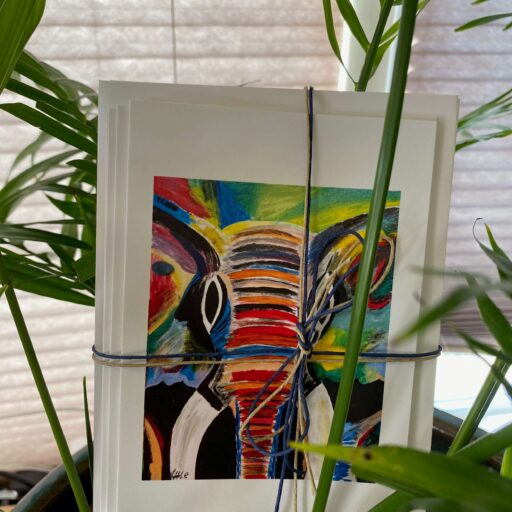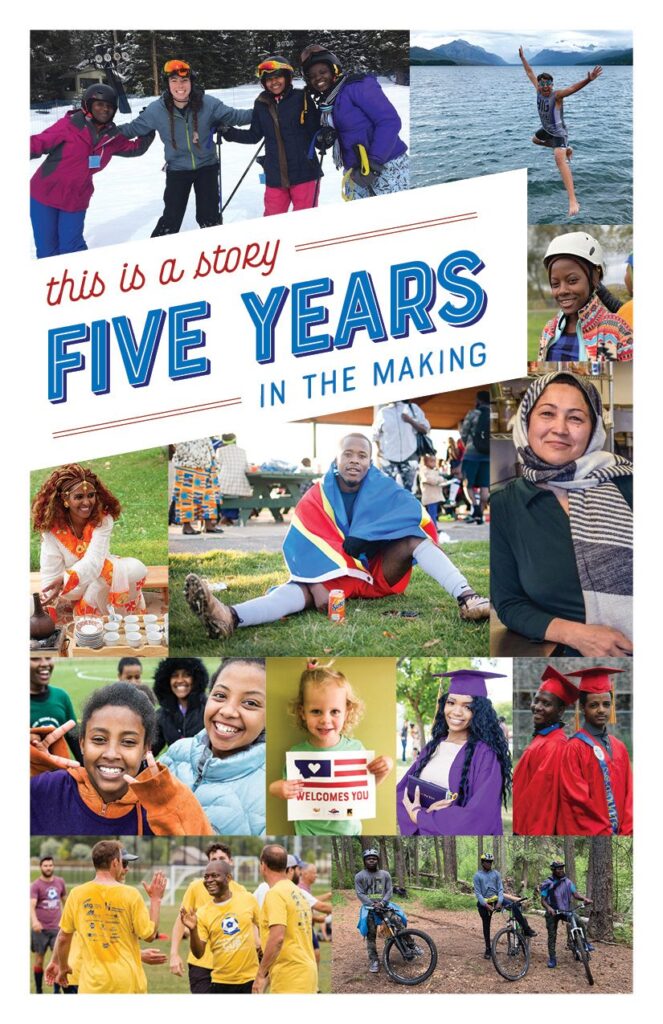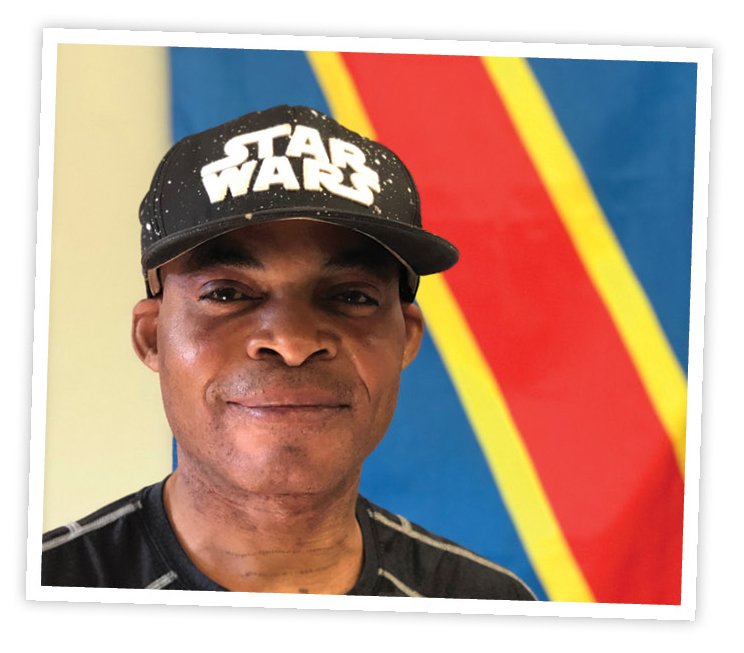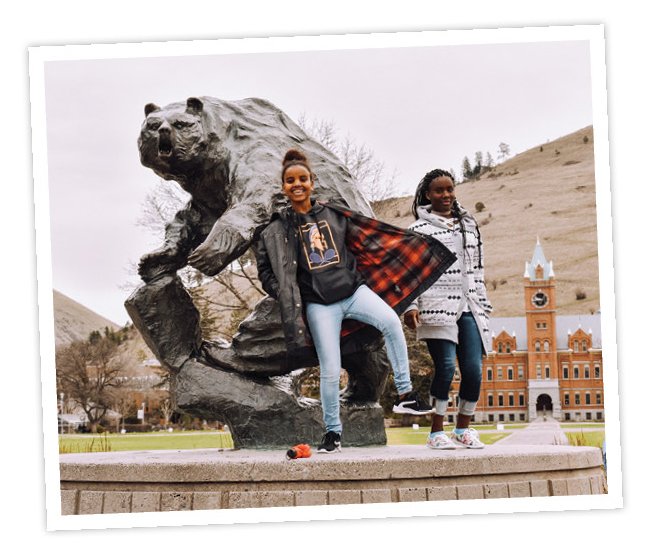The southern border of the United States has been closed to most asylum seekers for over two years thanks to a fairly obscure provision in federal law known as Title 42. Then-President Donald Trump invoked the measure and tightened restrictions on the border in March 2020 citing public health concerns around the transmission of COVID-19.
On April 1 of this year, the Centers for Disease Control and Prevention (CDC) announced that closure of the border was not necessary to safeguard against the spread of COVID-19, and President Joe Biden issued an order to roll back Title 42 by May 23.
Whether the border will actually reopen to asylum seekers remains unclear as Title 42 has become the latest political football in the broader immigration policy debate.
Access to the opportunity to claim asylum is an internationally recognized, legal path of immigration laid out by the United Nations and enshrined in United States federal law. As such, advocacy organizations like the International Rescue Committee (IRC) and American Civil Liberties Union (ACLU) call Title 42 a “brutal policy” that “strips people at the border of the right to seek asylum.”
Lawmakers in support of continuing Title 42, including Montana Senator Jon Tester and Montana Attorney General Austin Knudsen, say it is necessary to prevent a massive influx in the number of people crossing the border that would overwhelm the already-stretched-thin immigration system.
Despite these projections, Title 42 was designed as a public health measure, not as a tool for immigration policy, so its continued implementation around the border has generated controversy. With that, you’ve probably seen Title 42 popping up in headlines lately, so we wanted to cut through the noise and give you the rundown.
What is Title 42?
Title 42 was established in 1944 as part of the Public Health Service Act, giving the federal government a slew of powers to deal with international and national health problems. For example, it funded research grants for what was, at the time, one of the most frightening diseases in the world – tuberculosis – and created the National Cancer Institute.
Now, it’s back in the news for its surprising – and confusing – role it’s playing in national immigration policy.
Since Title 42 was invoked in March 2020, Customers and Border Protection has counted more than 1.7 million expulsions from people trying to cross the southern border. Many of these crossings represent people who, in normal times, would have been admitted into the United States while waiting for their asylum cases to be evaluated. (It’s important to note that this number does not reflect 1.7 million unique people, as it’s not uncommon for someone to try to cross more than once.)
The impact of Title 42 has been felt most acutely by people seeking asylum within the United States at the southern border. Unlike refugees, who gain permission to enter the U.S. through a process that takes place abroad, asylum seekers are legally allowed to petition the country once they are inside of it. Title 42 forces vulnerable families to wait in crowded, often dangerous conditions rife with extortion and human trafficking in Mexico with few resources.
Immigration officials say that the ability to regulate who comes and goes into the country this way has been essential in maintaining a manageable flow of people across the border.
Should Title 42 be lifted, there would be a significant surge in the number of people that would overwhelm everyone from law enforcement officials to the courts and lawyers responsible for processing asylum applications. The Department of Homeland Security estimates the number of people crossing the border could jump from 8,000 daily to 18,000.
The Department of Homeland Security has also noted that it could mean more smugglers slip through the cracks bringing drugs or other contraband across the border.
Does Title 42 apply to everyone at the border?
Not all asylum seekers have been treated equally under the provision.
When Russia invaded Ukraine, many Ukrainians started flying to the United States’ border with Mexico to escape the war unfolding in their home country. There, they encountered tens of thousands of people fleeing persecution and violence in Haiti, Cameroon and Central American countries who were unable to cross due to Title 42. They also encountered Russian and Belarussians hoping to enter and seek asylum.
However, it was only Ukrainians who were able to be exempted from the public health order and seek asylum without much issue. According to Customs and Border Protection, immigration officials encountered 272 Ukrainians at the U.S.-Mexico border in February 2022. Only one was expelled under Title 42. Meanwhile, 69% of Guatemalans, 68% of Hondurans and 64% of El Savadorans were expelled under the same Title 42 provision, according to Time.
“This heightened sense of responsibility, while commendable, is noticeably different from what Americans usually do when there is a conflict where you have millions of refugees,” Sahar Aziz, professor of law at Rutgers University, said to Time Magazine.
What’s next?
The political winds have shifted on Title 42 since two years ago when it was first invoked. Fewer Democrats are reportedly in favor of rolling it back now, particularly given proximity to midterm elections this fall when immigration could impact voting behaviors.
Congress has the authority to delay lifting Title 42. To date, that action has been included as part of a larger $10 billion COVID-19 federal relief bill. A growing number of lawmakers say they will vote against the aid package if it includes the repeal of Title 42, so they are pushing Congressional leadership to hold a separate vote on the immigration policy as a standalone.
There seems to be growing traction for this approach.
Tester, one of Montana’s two senators, has signed on to bipartisan legislation that would delay lifting the migration restrictions and requires the presidential administration to present a plan for how to address the likely surge in border crossings.
“I’m also going to fight tooth and nail to make sure that we address staffing shortages at Customs and Border Patrol and to ensure that agents from the northern border won’t be frequently reassigned to handle any influx of migrants caused by the change in policy,” Tester said in a statement.
At the same time, a federal judge is evaluating a lawsuit brought by more than 20 state attorneys general, including Knudsen representing Montana, that would block the White House from rescinding the Title 42 order. The District Court judge has promised to issue a ruling on whether to allow a nationwide injunction on Title 42’s repeal by May 23, the day it is otherwise set to expire.
Though Soft Landing doesn’t currently work with anyone directly impacted by Title 42 and its current interpretation, we still feel it is essential that we do the hard work of informing ourselves. You can never fully understand the totality of the experiences someone holds within a community, and, in general, we see firsthand how borders impact so many people. This desire to inform ourselves and our community is particularly important when it comes to issues like Title 42, one that is exceedingly complicated where Montana lawmakers are playing an active role in the conversation.


